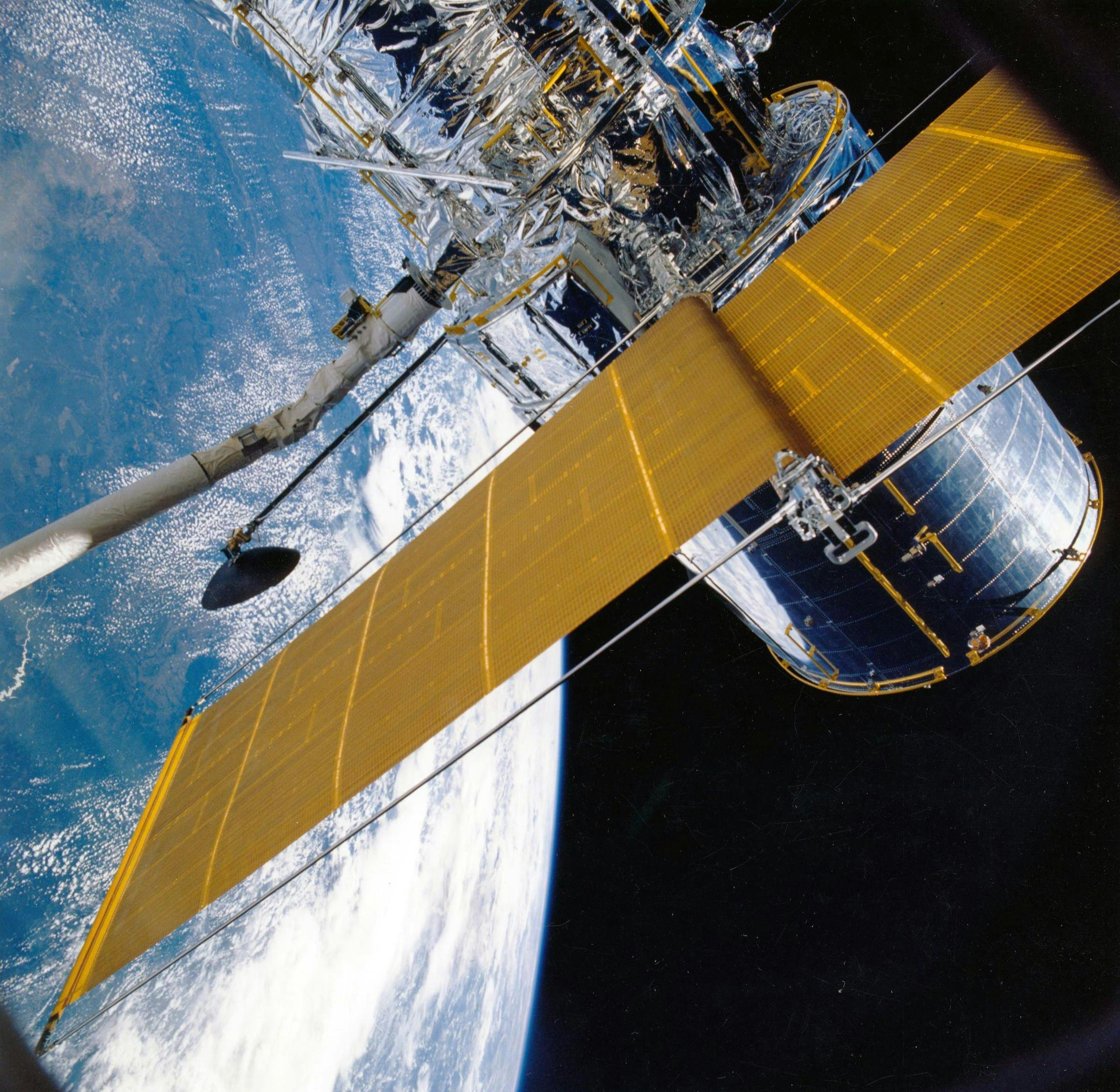Space Tourism: The Next Frontier of Travel
The cosmos beckons as space tourism emerges from the realm of science fiction into tangible reality. Once the exclusive domain of trained astronauts, the final frontier is now opening its airlock to civilian adventurers. This groundbreaking shift in travel not only promises unparalleled experiences but also raises intriguing questions about the future of exploration, luxury, and the very definition of a vacation.

The Players in the Space Race
Several key players are vying for dominance in the nascent space tourism market. Virgin Galactic, founded by Richard Branson, offers suborbital flights that promise breathtaking views of Earth and a few minutes of weightlessness. Blue Origin, the brainchild of Amazon’s Jeff Bezos, focuses on vertical takeoff and landing rockets for short space jaunts. SpaceX, led by Elon Musk, has grander ambitions, aiming for orbital hotels and even Mars colonization. Each company brings its unique vision and technology to the table, driving innovation and competition in this burgeoning industry.
The Experience of Space Travel
What can space tourists expect? The journey begins with intensive training, preparing civilians for the rigors of space flight. Launch day involves strapping into a state-of-the-art spacecraft, experiencing G-forces during liftoff, and then the surreal sensation of weightlessness. Passengers will witness the curvature of the Earth, the inky blackness of space, and a view of our planet that has been reserved for a select few until now. For many, this perspective-altering experience, known as the Overview Effect, promises to be life-changing, offering a new appreciation for our fragile blue marble.
The Hefty Price Tag of Space Tourism
Currently, space tourism remains the playground of the ultra-wealthy. Tickets for suborbital flights can cost upwards of $250,000, while more extended stays in proposed space hotels could run into the millions. This exclusivity raises questions about accessibility and the ethics of space exploration as a luxury commodity. However, proponents argue that as technology advances and operations scale up, costs will decrease, potentially making space travel more attainable for a broader audience in the future.
Environmental and Ethical Considerations
As exciting as space tourism is, it’s not without controversy. The environmental impact of frequent rocket launches is a growing concern, with questions about carbon emissions and potential effects on the ozone layer. There are also debates about the ethics of space exploration for leisure when terrestrial issues like climate change and poverty remain unresolved. The industry will need to address these concerns to gain wider acceptance and ensure sustainable growth.
Cosmic Considerations for Aspiring Space Tourists
• Physical preparation is crucial – expect rigorous pre-flight training
• Pack light – every ounce counts in space travel
• Be prepared for the unexpected – launch delays are common
• Document your journey – but remember to live in the moment
• Consider the psychological impact – the Overview Effect can be profound
The Future of Space Tourism
As technology advances and costs potentially decrease, space tourism could evolve in exciting ways. From lunar excursions to orbiting hotels, the possibilities seem limitless. This pioneering industry not only promises extraordinary experiences for travelers but also drives innovation that could benefit science, technology, and our understanding of the universe. As we stand on the brink of this new era in travel, one thing is certain: the sky is no longer the limit.





